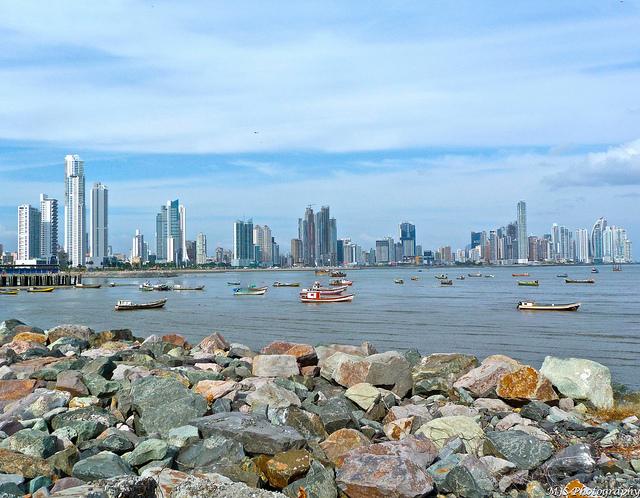People around the world received an inside look at the shadowy web of the global financial system on April 3. The International Consortium of Investigative Journalists (ICIJ) began publishing stories on a leaked trove of documents which reveal Panamanian law firm Mossack Fonseca created more than 200,000 offshore entities for clients around the world.
The documents, known as the Panama Papers, implicated 12 current or former heads of state, more than 60 associates and family members of world leaders and thousands of businesspeople, athletes, tax evaders and other members of the global one percent. Notably, the prime minister of Iceland resigned two days after ICIJ reporters revealed his links to a company created by Mossack Fonseca.
Shell corporations – which have no employees, produce no output and serve as intermediaries to shuffle money and transactions between other parties – afford the rich and powerful layers of secrecy and deserve great suspicion. In the best case, a shell company allows startups to chase venture capital before they’ve actually made anything; in the worst, it enables money laundering, tax dodging and flagrant fraud.
At the heart of these entities is greed. Often, disguising the name behind a wad of cash allows its holder to conduct business, both legitimate and otherwise, more conveniently; self-interested profit-seekers tend to enjoy that. So while the ICIJ revelations are jarring in scope (and anyone who claims to not be surprised at all is probably lying), the broader depravity in the global finance system of which they are indicative is not surprising. The problem is nothing new: Money chases money any way it can, laws and taxes be damned.
While reporters are still in the early phases of sifting through the data, there has been a relative lack of US names in the documents. Sure, a few money managers and hedge fund heads – many of them previously implicated in fraud investigations – have already been connected. Beyond that, the Americans found in the Panama Papers have been small fish, paling in comparison to the president of Argentina and the king of Saudi Arabia.
But America is hardly an innocent bystander. The real failure uncovered in the Panama Papers lies with the states that allowed the shell corporation cottage industry to operate unhindered in the first place – chief among them, ours. In 2012, the Obama administration signed a free trade deal with Panama that some progressive activists, including Bernie Sanders, criticized as preventing US investigators from cracking down on tax haven abusers in Panama. While the Mossack Fonseca documents show little evidence of the problem becoming worse since the pact, they also show little evidence of it improving. At the time, American negotiators could have and should have used the comparative strength of the US economy, which dwarfs Panama’s, to secure much stricter regulations on the country’s secret banking sector. But doing so would have meant two things undesirable to US elite: Possibly upsetting wealthy Americans (and campaign contributors) by interfering with their activities abroad and hypocritically condemning subversive financial practices abroad while turning a blind eye to them at home.
The simplest explanation for the lack of American powerbrokers named in the Panama Papers is that they had no need to go all the way to Panama. Federal and state regulations make it easier for people in the US to hide their money with onshore shell corporations than offshore ones. Delaware, Nevada and Wyoming are three particularly egregious cases; in Wyoming, for example, anyone can form a shell company without naming a single individual person in any documents, effectively making any shred of transparency impossible.
We at The News hope that public discussion of the Panama Papers, which has thus far been focused on the big, foreign names contained in the documents, refocuses in part on this country. A great place to start is to establish a public registry of business owners, similar to the one used by the United Kingdom, which allows everyone, from politicians to parents to trace ownership in the country. Furthermore, loopholes that allow corporate entities to profit off the US while skirting taxes – and placing greater and greater burdens on everyday people to sustain the system themselves – must be closed. We call on citizens, activists, local leaders and national representatives to use the leaks as a catalytic moment to rebalance our financial system in favor of people over corporations.
Photo courtesy Marissa Strniste, Creative Commons









